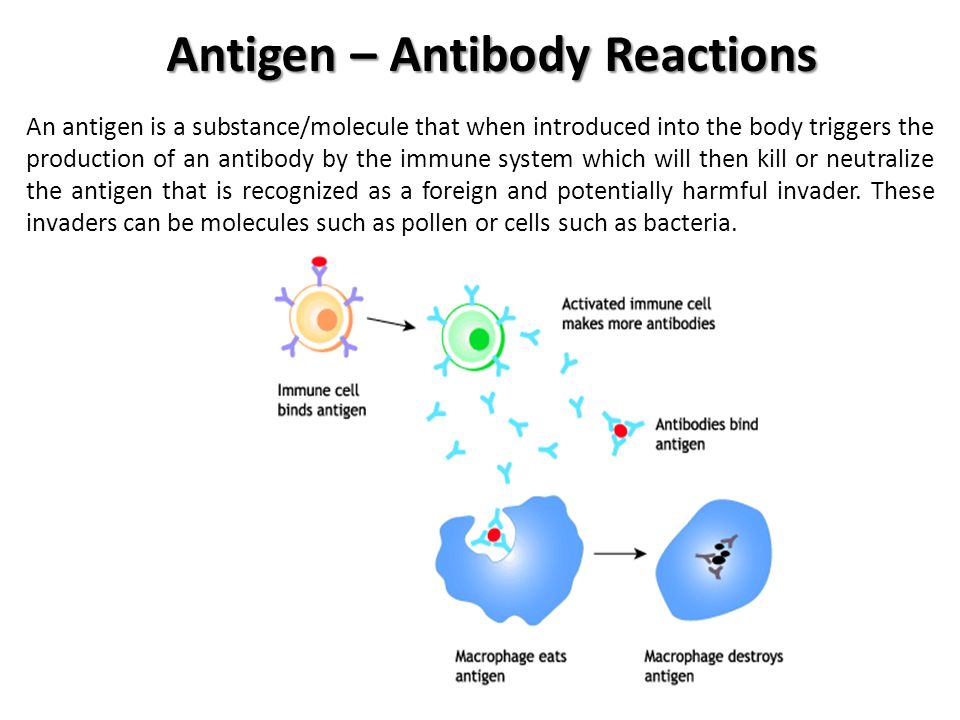
🚨 Rare clotting events are under investigation in connection to at least two brands of COVID-19 vaccines. Here’s my article for @TheAtlantic about the biological theories that might explain them: theatlantic.com/science/archiv…
Theory 1: the blood clotting issues arise because some part of the vaccine spurs the formation of rogue antibodies against a protein secreted by platelet cells, causing the body to mistakenly deplete platelet levels in a condition called VITT 2/n theatlantic.com/science/archiv…
Theory 2: (possibly connected to Theory 1) the spike protein employed by the vaccine to induce immunity might spur rogue antibodies either directly or indirectly 3/n theatlantic.com/science/archiv…
Theory 3: A snippet of the gene for the molecule tPA included in the AstraZeneca vaccine to boost production of spike protein might stir trouble. tPA is an anticlotting compound, however the short snippet doesn't function like tPA. Evidence is lacking. 4/n theatlantic.com/science/archiv…
Theory 4: It could be a combination of the above—or even none of the above. Perhaps there are multiple different mechanisms operating to cause blood abnormalities (which again, are extremely, extremely rare), including different autoantibodies. 5/n: theatlantic.com/science/archiv…
Scientists are investigating these different mechanisms—but they might not agree in the near future. There is still no consensus, for example, on the Pandemrix swine flu vaccine, which some linked to narcolepsy in 2009 (it's no longer in use). 6/n theatlantic.com/science/archiv…
When talking about these different theories we shouldn't lose sight of the fact that we're referring to extremely rare events. All of the authorized Covid-19 vaccines have tremendous life-saving value. Covid-19's risk of causing clotting is orders of magnitude greater. 7/n
Diving into the science for this article was intense, and I am really grateful to my editor @danengber, who is the voice of reason and the champion of clarity. He makes everything smarter, always. 8/n
• • •
Missing some Tweet in this thread? You can try to
force a refresh




